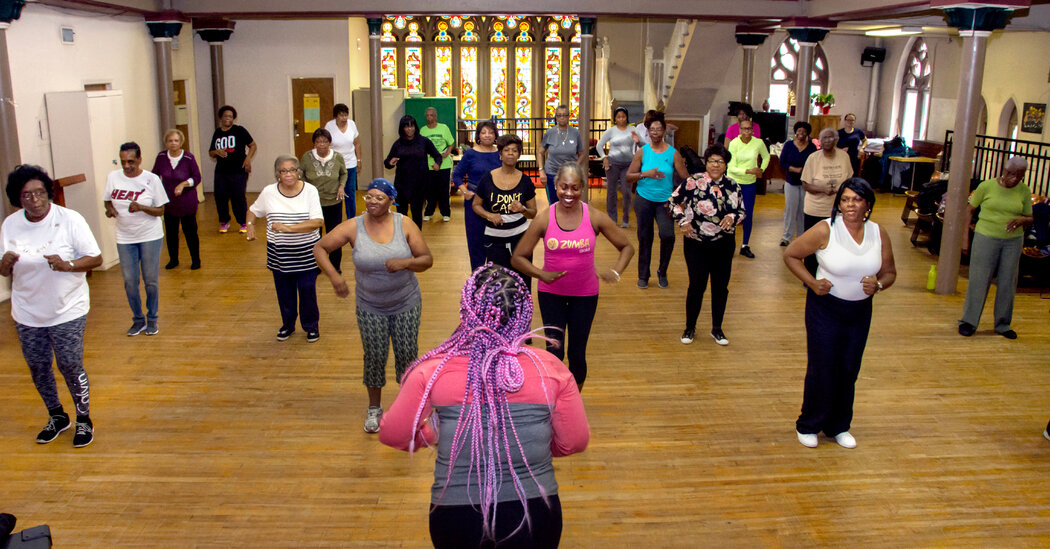But those students were young and healthy, facing scant imminent threat of memory loss. Little was known yet about whether and how exercise might alter the communications systems of creakier, older brains and what effects, if any, the rewiring would have on thinking.
So, for the new study, which was published in January in Neurobiology of Learning and Memory, Mark Gluck, a professor of neuroscience at Rutgers University in Newark, N.J., and his colleagues decided to see what happened inside the brains and minds of much older people if they began to work out.
In particular, he wondered about their medial temporal lobes. This portion of the brain contains the hippocampus and is the core of our memory center. Unfortunately, its inner workings often begin to sputter with age, leading to declines in thinking and memory. But Dr. Gluck suspected that exercise might alter that trajectory.
Helpfully, as the director of the Aging & Brain Health Alliance at Rutgers, he already was leading an ongoing exercise experiment. Working with local churches and community centers, he and his collaborators previously had recruited sedentary, older African-American men and women from the Newark area. The volunteers, most of them in their 60s, visited Dr. Gluck’s lab for checks of their health and fitness, along with cognitive testing. A few also agreed to have their brain activity scanned.
Some then started working out, while others opted to be a sedentary control group. All shared similar fitness and memory function at the start. The exercise group attended hourlong aerobic dance classes twice a week at a church or community center for 20 weeks.
This content was originally published here.

